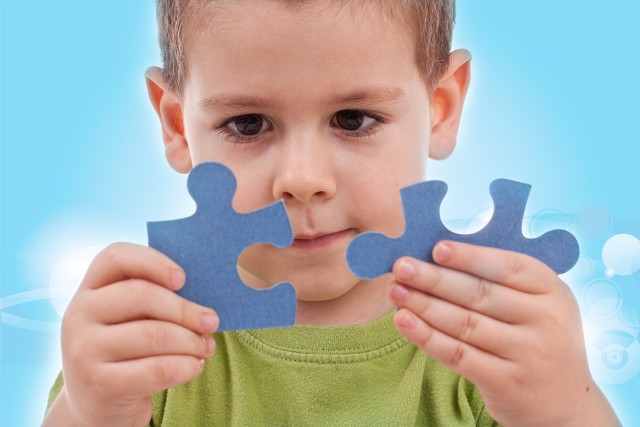Problem-solving is an essential skill that empowers individuals to navigate challenges, make informed decisions, and find creative solutions. Cultivating problem-solving skills during the preschool years lays a strong foundation for a child’s cognitive, social, and emotional development. In this essay, we will explore the importance of developing problem-solving skills in preschool-age children and discuss effective strategies that parents and caregivers can employ to nurture independence and critical thinking in their young ones.
The Importance of Problem-Solving Skills for Preschool-Age Children:
- Cognitive development: Problem-solving activities stimulate critical thinking, reasoning, and cognitive flexibility in young children. Engaging in problem-solving tasks encourages them to analyze situations, consider different perspectives, and explore various solutions. These mental processes foster intellectual growth and enhance their ability to think critically and creatively.
- Emotional development: Problem-solving experiences provide opportunities for preschoolers to regulate their emotions, develop resilience, and build confidence. As children encounter and overcome challenges, they learn to manage frustration, handle setbacks, and persevere in the face of difficulties. This emotional resilience is vital for their overall well-being and self-esteem.
- Social development: Problem-solving often involves collaboration, communication, and negotiation with others. Engaging in cooperative problem-solving activities helps preschoolers develop essential social skills such as active listening, empathy, and effective communication. They learn to work collaboratively, respect diverse perspectives, and seek common ground while finding solutions.
Strategies for Developing Problem-Solving Skills in Preschool-Age Children:
- Encouraging independence: Promote independent thinking and decision-making by providing opportunities for your child to make choices and solve age-appropriate problems. Offer a variety of toys, games, and activities that require decision-making and problem-solving, allowing them to explore different solutions and consequences.
- Open-ended play: Engage your child in open-ended play experiences that encourage imagination, creativity, and problem-solving. Building blocks, puzzles, pretend play, and construction toys foster critical thinking skills as children experiment, make connections, and solve problems in their play scenarios.
- Ask open-ended questions: Encourage your child to think critically by asking open-ended questions that promote problem-solving. For example, instead of asking, “What color is this?” you could ask, “How could we sort these objects?” Open-ended questions promote exploration, analysis, and divergent thinking.
- Provide challenges and puzzles: Introduce age-appropriate challenges and puzzles that encourage problem-solving. Mazes, sequencing activities, matching games, and puzzles enhance logical reasoning, spatial awareness, and problem-solving skills. Start with simpler tasks and gradually increase the complexity as your child’s skills develop.
- Model problem-solving: Be a role model for your child by demonstrating effective problem-solving strategies. Talk aloud about your thought processes when faced with a challenge, highlighting the steps you take to identify problems, consider alternatives, and make decisions. Encourage your child to share their ideas and perspectives.
- Foster a growth mindset: Cultivate a growth mindset by emphasizing effort, persistence, and the idea that mistakes are opportunities for learning. Encourage your child to view challenges as learning experiences rather than failures. Praise their effort and resilience in problem-solving rather than focusing solely on the outcome.
- Collaborative problem-solving: Engage your child in collaborative problem-solving experiences. Encourage them to work together with siblings, friends, or classmates on shared projects or challenges. Collaborative problem-solving enhances teamwork, communication, and cooperation skills while fostering creative solutions.
Conclusion: Developing problem-solving skills in preschool-age children is a crucial aspect of their cognitive, emotional, and social development. By nurturing independence, promoting open-ended play, asking open-ended questions, providing challenges, modeling problem-solving, fostering a growth mindset, and encouraging collaborative problem-solving, parents and caregivers can support their child’s problem-solving abilities. By cultivating these skills during the preschool years, children gain the confidence, resilience, and critical thinking skills necessary to navigate challenges and thrive in future academic and real-life situations.

